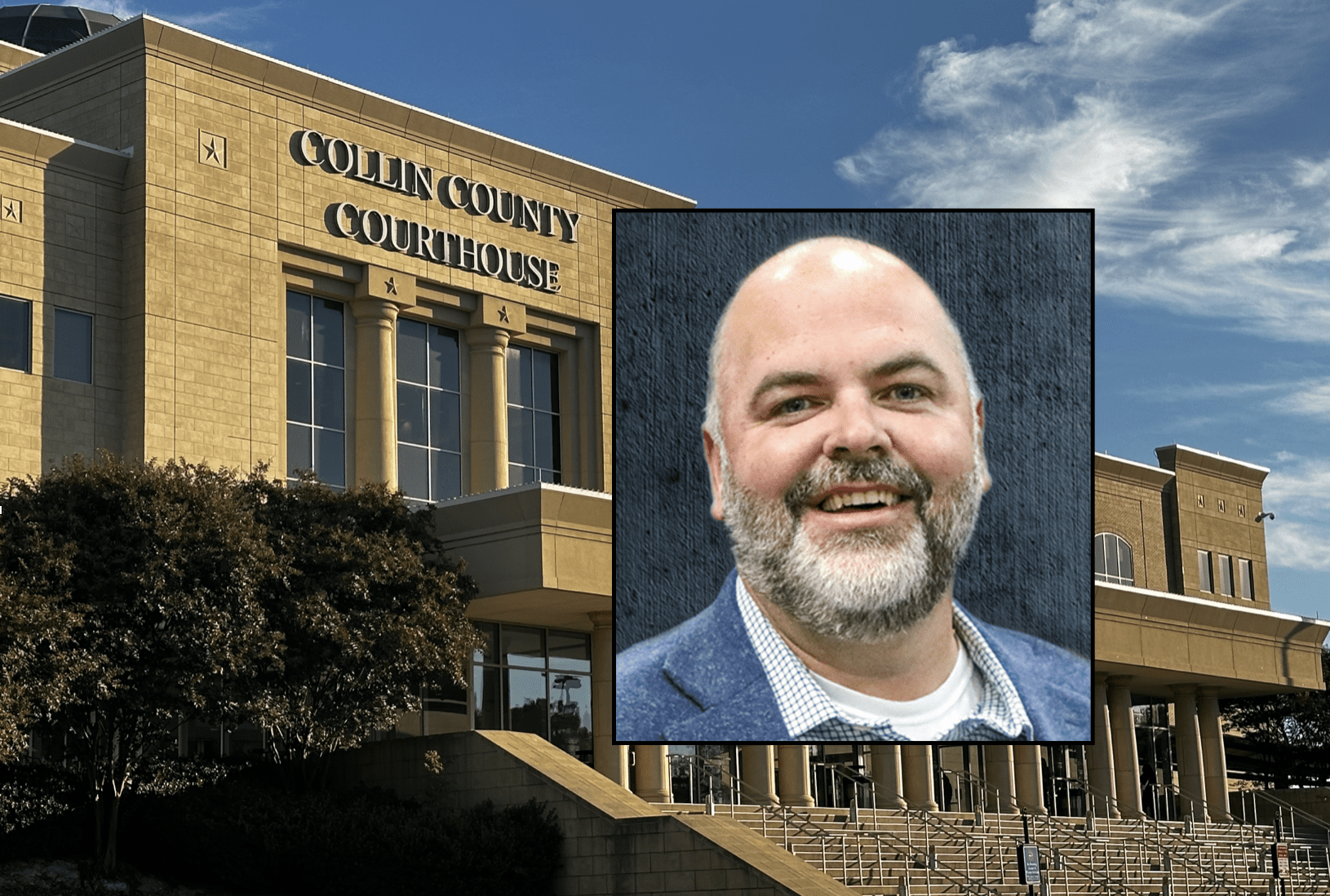The Texas Court of Criminal Appeals is doubling down on a decision last year that took the power to prosecute election fraud out of the state attorney general’s hands.
In an 8-1 decision in December of 2021, the all-Republican Court of Criminal Appeals—Texas’ highest court on criminal matters—said that a state law granting the attorney general the power to unilaterally prosecute election cases is unconstitutional, as they argued the attorney general is not given the express authority to do so by the Texas Constitution.
Under the Texas Constitution, criminal prosecution is specifically assigned to local district and county attorneys. The attorney general had argued that a provision in the Constitution granting him the authority to “perform such other duties as may be required by law” allowed him to exercise prosecutorial authority granted by statute. The Court of Criminal Appeals disagreed, holding that clause did not “expressly permit” the statutory grant of power and, therefore, the separation of powers provision of the Constitution prohibited it.
The case arose after Attorney General Ken Paxton attempted to prosecute Zena Stephens, the sheriff of Jefferson County in southeast Texas, accusing her of campaign-finance violations. Paxton initiated the prosecution after local prosecutors turned down the case. Among other violations, Stephens was accused of accepting cash contributions in excess of $100, which is prohibited under the Election Code. Stephens appealed the indictment, arguing the AG lacked the constitutional authority to prosecute criminal cases.
Attorney General Ken Paxton vocally disagreed with the ruling at the time, saying, “Soros-funded district attorneys will have sole power to decide whether election fraud has occurred in Texas.” He then asked the court to reconsider the decision, and was joined by the Republican Party of Texas, Lt. Gov. Dan Patrick, and the majority of Republican senators.
On Wednesday the court denied Paxton’s motion for a rehearing 7-2, with Judge Michelle Slaughter joining Judge Kevin Yeary in the minority.
Slaughter had previously voted with the majority to strip the attorney general of election fraud enforcement power in December.
In a concurrence, Judge Scott Walker wrote that revisiting the case could be a “double-edged sword.”
“My concern is the negative impact such a ruling could have on the fairness of elections in the future. It is possible that, in the not-too-distant future, a new politician could be elected as the Attorney General of Texas,” said Walker.
Paxton decried the ruling and stated it was time for the state legislature to step in, saying, “The timing is no accident—this is devastating for the integrity of our upcoming elections.”
The CCA's shameful decision means local DAs with radical liberal views have the sole power to prosecute election fraud in TX—which they will never do. The timing is no accident—this is devastating for the integrity of our upcoming elections. Time for #txlege to right this wrong. https://t.co/Hjtkn8SkNk
— Attorney General Ken Paxton (@KenPaxtonTX) September 28, 2022





